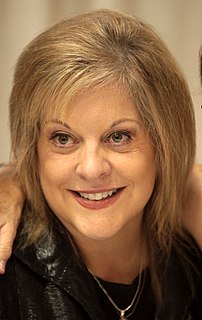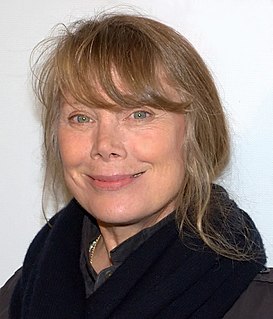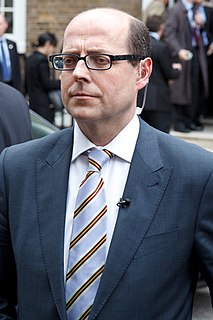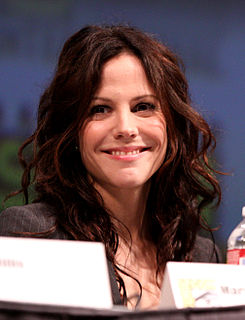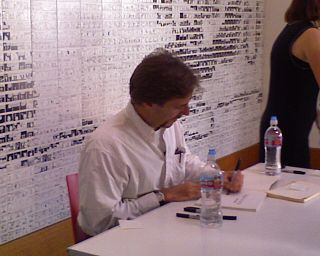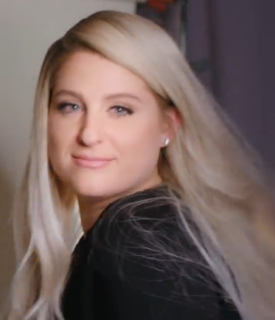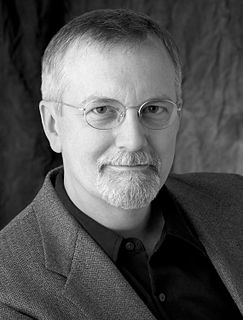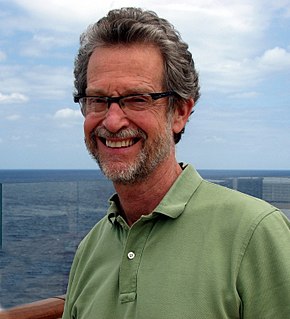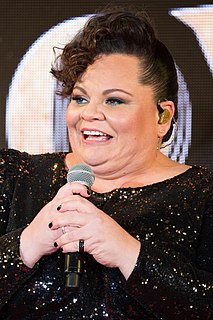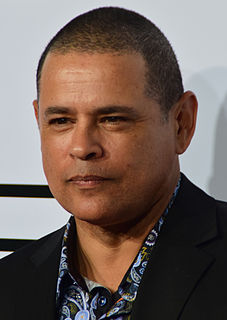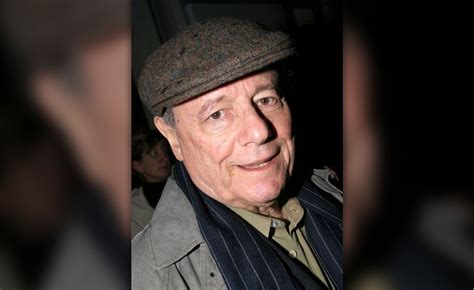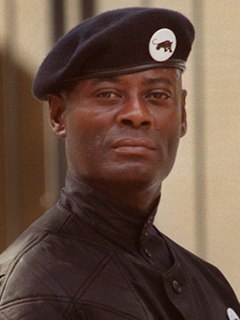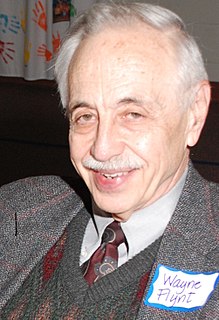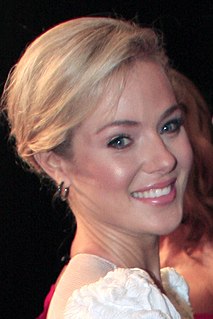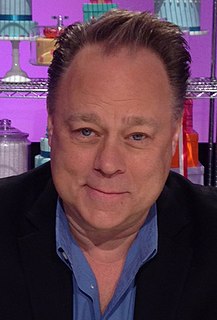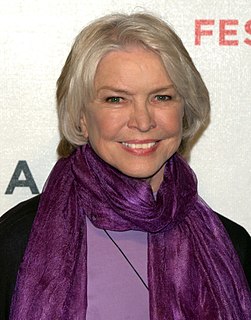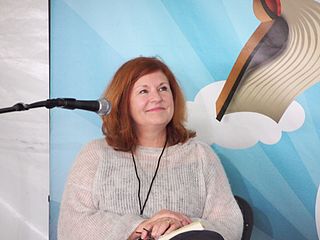Top 1200 Kill A Mockingbird Novel Quotes & Sayings
Explore popular Kill A Mockingbird Novel quotes.
Last updated on April 14, 2025.
By the time I was doing "Kill Bill," it was so much filled with prose that, you know, I start seeing why people write a screenplay and make it more like a blueprint, because basically I had written - in "Kill Bill," I had basically written a novel, and basically every day I was adapting my novel to the screen on the fly, you know, on my feet.
Every story has already been told. Once you've read Anna Karenina, Bleak House, The Sound and the Fury, To Kill a Mockingbird and A Wrinkle in Time, you understand that there is really no reason to ever write another novel. Except that each writer brings to the table, if she will let herself, something that no one else in the history of time has ever had.
'To Kill a Mockingbird' is really two stories. One is a coming-of-age tale told from the point of view of Scout Finch, a girl of about nine, and her slightly older brother, Jem. The second story concerns their father, attorney Atticus Finch, who has been appointed to defend a black man, Tom Robinson, falsely accused of raping a white woman.
'To Kill a Mockingbird' appeared to highly favorable reviews and quickly climbed to the top of bestseller lists, where it remained for more than eighty weeks. In 1961, the novel was awarded the Pulitzer Prize. A film adaptation was released in 1962, starring Gregory Peck, and received three Academy Awards.
I don't think I'll ever lose the feeling that I had when I read 'To Kill a Mockingbird' - Harper Lee was going back into her childhood. I grew up in a real small town - Lee's was in the South, mine the Northwest - but small towns have a lot in common. There was such a revelation in knowing that a story could be told like that.
I first read Harper Lee's 'To Kill a Mockingbird' as a teen in school, like you did. I read the book alone, eating lunch at my locker, neatly scored oranges my mother divided into five lines with a circle at the top, so my fingers could dig more easily into the orange skin. To this day, the smell of oranges reminds me of 'Mockingbird.'
Naturally, you don't sit down in "white hot inspiration" and write with a burning flame in front of you. But since I knew I could never be happy being anything but a writer, and Mockingbird put itself together for me so accommodatingly, I kept at it because I knew it had to be my first novel, for better or for worse.
As a matter of fact, I constantly tell audiences all over the world that the single greatest icon of American culture from the publication of "To Kill A Mockingbird" was that novel so that if we say, what conversation can we have that would lead us on a road of tolerance, and teachers have decided that if you're going to teach values in a school in America, the answer that American teachers at all kinds of schools have come up with, just let Harper Lee teach "To Kill A Mockingbird." And then all the teacher has to do is stand back and guide the discussion.
I read a lot when I was young. All the obvious, all the greats, from 'Le Grand Meaulnes,' 'To Kill a Mockingbird,' 'Fear and Loathing,' 'Catcher in the Rye,' 'The Bell Jar,' 'The Female Eunuch,' 'Valley of the Dolls,' 'The Feminine Mystique,' Tom Wolfe. Then, film took over for me. Film was so exciting in the '70s.


